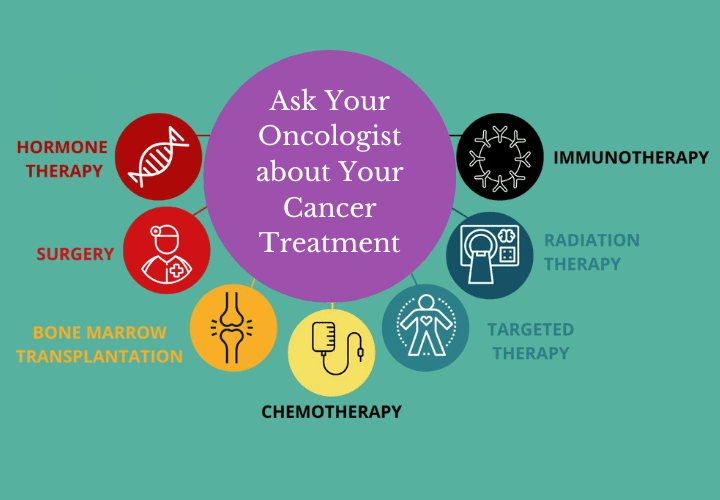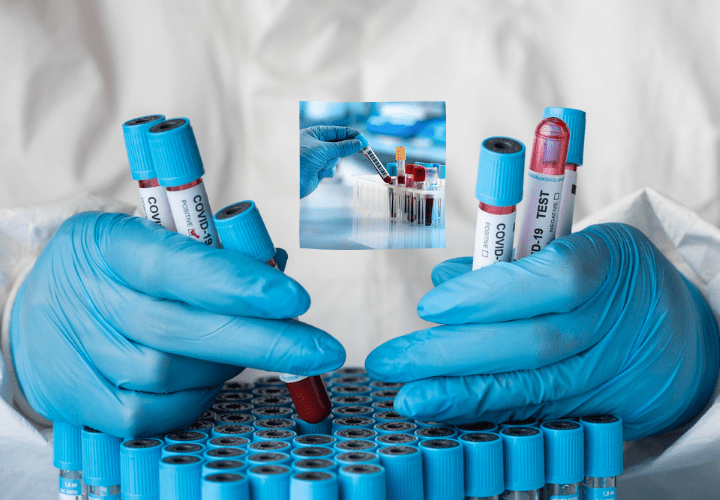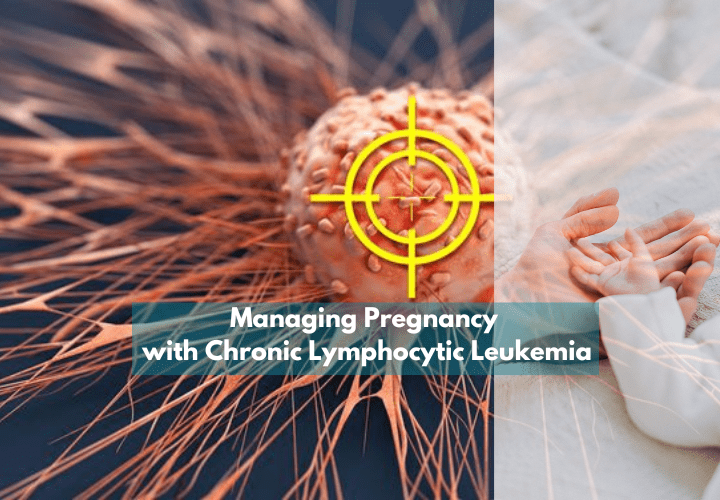Questions to Ask Your Oncologist about Your Cancer Treatment

Questions to Ask Your Oncologist about Your Cancer Treatment
- onco
- January 19, 2024
Receiving a cancer diagnosis can be a daunting event that raises many doubts and concerns. In Delhi’s diverse and constantly changing medical landscape, it is essential to communicate with your oncologist to ensure you are aware of all your treatment options. A proactive attitude is essential to the cancer treatment in Delhi, and you can be empowered to make educated decisions by asking the right questions. Here, we’ll discuss some important topics to cover with your oncologist in this blog post, giving you a road map for a more thorough comprehension of your cancer treatment experience.
Recognising Your Diagnosis:
- Which kind and stage of cancer are you dealing with?
Knowing the details of your diagnosis sets the stage for the course of your treatment. Different malignancies require different strategies, and creating a successful treatment strategy requires knowing the kind and stage of your disease.
- What objectives does your treatment have?
It’s critical to talk about the treatment’s ultimate goals. Understanding the objective of your treatment can assist you to align your expectations and actively engage in the decision-making process, regardless of whether the goal is curative, disease control, or symptom management.
- What alternatives do you have for treating my particular type of cancer?
The choice of therapy in cancer treatment is highly individualised and influenced by a number of factors. Talk about the various forms of treatment that are available, such as immunotherapy, targeted therapies, radiation, chemotherapy, and surgery. Recognise the possible advantages and disadvantages of each.
Logistics of Treatment:
- Where are you going to get treated?
A busy metropolis like Delhi may have several treatment options. It is easier to arrange your schedule and ensure you are happy with the healthcare centre you have selected when you know where you will receive your treatment.
- What type of schedule will you follow and how long will your therapy take?
Long-term cancer treatment frequently entails several sessions. It helps to know how long treatment will take and when, so you can arrange your life around it and prepare for any obstacles that may arise.
- Which services for supportive care are offered?
Your life may suffer in a number of ways as a result of cancer treatment. Ask about ancillary treatments to improve your general health both before and after treatment, such as dietary counselling and palliative care.
Possible Adverse Reactions:
- What adverse consequences of the suggested course of treatment are anticipated?
There are variations in the side effects of different treatments. Knowing the possible adverse effects will help you deal with any issues that might come up throughout your therapy.
- What is the management plan for side effects, and when should you get in touch with your oncologist?
Talk about the methods for handling side effects, including medication, dietary changes, and other treatments. Knowing when to get help for side effects from a doctor guarantees prompt and proper care.
- Are there any enduring or irreversible negative effects that you should be mindful of?
Certain treatments might not go away. You can make well-informed decisions regarding your treatment, taking into account the short- and long-term consequences on your quality of life, by talking about probable long-term or permanent adverse effects.
Monitoring and Modifications of Treatment:
- How will the efficacy of your treatment be assessed?
Knowing the standards used to assess the efficacy of treatment enables you to monitor your development. Tests for imaging, blood, or other diagnostic procedures can be required for this.
- Exist any complementary or alternative therapies that you might benefit from?
There might be complementary or alternative therapies available in Delhi’s cancer treatment scene that are worth looking into. Talk to your oncologist about these choices to ensure they fit within your overall treatment strategy.
- In what situations might your treatment plan need to be modified?
Your treatment plan needs to be flexible. Talk about possible outcomes that might call for modifying your course of treatment so that you are ready for anything that might come up.
Organising for the Future:
- What is the anticipated course of action for your particular cancer type and stage?
Even though prognostic information can be difficult to forecast with precision, talking about the anticipated results can help you prepare for the future and make decisions based on reasonable expectations.
- How can you maintain your general health during and after treatment?
The journey of cancer therapy is multifaceted. Talk about lifestyle modifications, aftercare, and actions you may do to enhance your general health and wellbeing beyond the active treatment stage.
In summary, making your way through the complexities of cancer therapy in Delhi calls for initiative and knowledge. Making educated decisions regarding your care requires open and honest discussion with your oncologist. You should empower yourself to be actively involved in your healing process by asking these crucial questions, which help you ensure that every choice you make is in line with your purposes, principles, and aspirations. Recall that your oncologist is your ally on this journey, and the two of you can successfully negotiate the route to recovery and well-being. So, choosing the best cancer doctor in Delhi is essential to receiving thorough and individualised care when receiving cancer treatment. Entrusting your medical journey with Oncoplus, respected and skilled oncologist that creates the foundation for a supportive and cooperative treatment plan. Allow these inquiries to serve as a roadmap for your trip as you set out to gain a deeper comprehension of your cancer treatment and to build a sense of empowerment in the midst of uncertainty.
Recent Posts
-
Managing Pregnancy with Chronic Lymphocytic Leukemia
April 30, 2024
-
Signs of Stomach Cancer: Diagnosis and Treatment
April 18, 2024





Leave a Reply